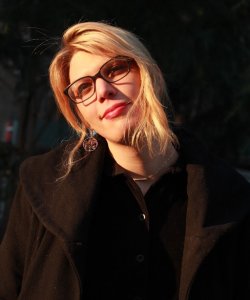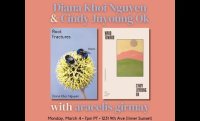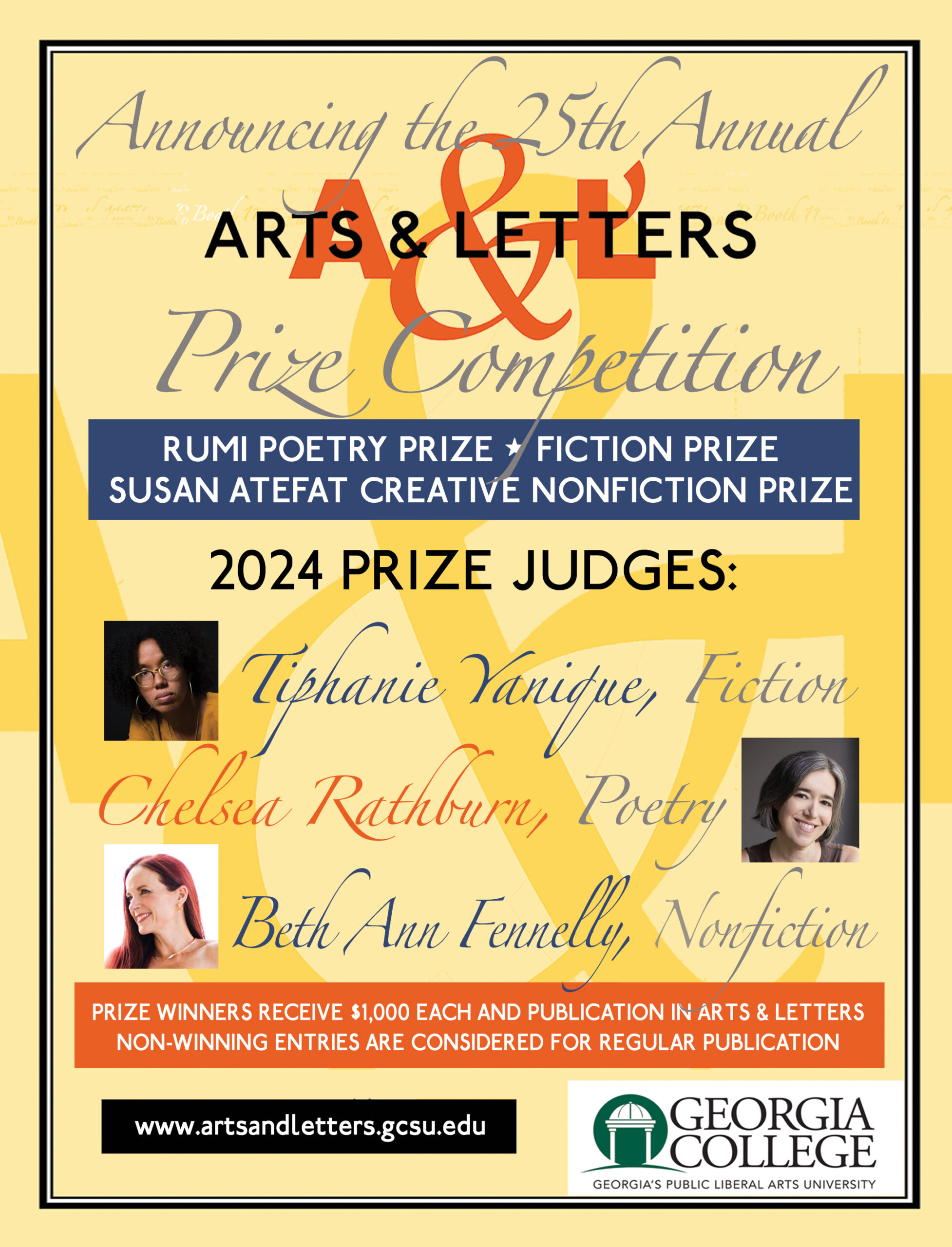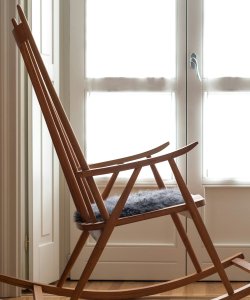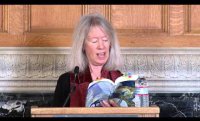This year’s Arts & Letters Prizes mark a quarter century for the contest in which three decorated judges select a group of poems, a short story, and an essay. The deadline for the twenty-fifth annual contest is March 31. The prize awards $1,000 and publication in Arts & Letters, a journal that has attracted both emerging and established writers such as Donald Hall, Sonja Livingston, and Xu Xi.
Using only the online submission system, submit up to four poems of any length or up to 25 pages of prose with a $20 entry fee. All entries are considered for publication. Chelsea Rathburn will judge in poetry, Tiphanie Yanique will judge in fiction, and Beth Ann Fennelly will judge in nonfiction. Visit the website for more information.
Founded by Martin Lammon in 1999 and operating out of Georgia College & State University’s MFA program in creative writing ever since, Arts & Letters has for nearly a decade been headed by its second editor, Laura Newbern, who’s also an associate professor in English at GCSU and a recipient of the 2010 Writer’s Award from the Rona Jaffe Foundation. And for those wondering if this contest is the right fit, the editorial board welcomes both formal and experimental work—even writing that otherwise “defies classification”—so long as, in the board’s words, the submission “doesn’t try too hard to grab our attention, but rather guides it toward the human voice and its perpetual struggle into language.” If you’re still not sure, you might find inspiration in the judges’ latest book in their respective category; that is, Rathburn’s Still Life With Mother and Knife (LSU Press, 2019), Yanique’s How to Escape From a Leper Colony (Graywolf Press, 2010), and Fennelly’s Heating & Cooling: 52 Micro-Memoirs (Norton, 2017).





